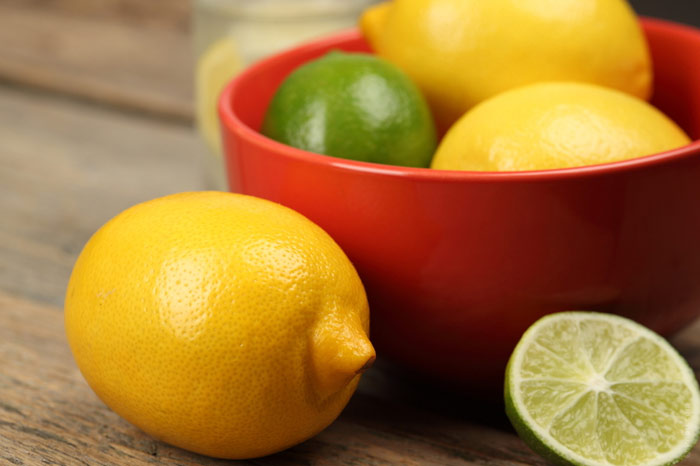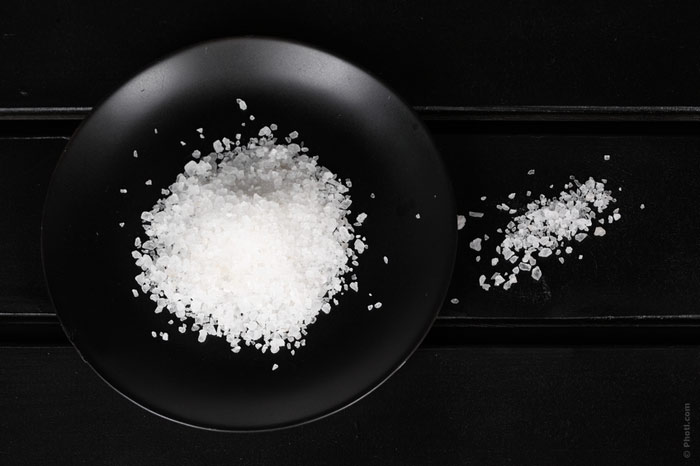With the coming of cold weather, it is especially necessary to protect our respiratory system. Food plays a crucial role in this issue.
Nutrition affects the condition of the respiratory system more than you can imagine. Certain foods, such as milk and eggs, can boost an asthmatic crisis. Other products, such as onions or garlic, prevent bronchitis. Fruits and vegetables, rich in beta-carotene, protect us from lung cancer.
According to a study, carried out in England and Wales, the children who eat two or more pieces of any fruit a day, breathe better and are less exposed to the risk of choking (labored breathing). Those who eat processed meats (ham, sausage, etc.), develop some difficulty in breathing (Cook, DG; Carey, IM; Whincup, PH et al. Effect of fresh fruit consumption on lung function and wheeze in children. Thorax, 52: 628-633 (1997)).
Cough
Cough is the most common symptom of a respiratory disease. In fact, cough is a protective mechanism of the organism, which is used to remove irritating or alien particles from the airways.
Certain foods can help eliminate the causes of coughing and weaken it, while others exacerbate cough.
To improve your respiratory system health, you should increase the consumption of:
- Onion
- Honey
- Lemon
- Vitamins A and C
You should reduce or eliminate:
- Salt
- Dairy products
Bronchitis
It is an inflammation of the respiratory tract mucous membranes. It is usually caused by an infection and exacerbated by inhaling certain irritating fumes or smoke, such as tobacco.
Anti-bronchitis diet

Various foods have the properties that are useful in case of bronchitis:
Mucolytics soften and contribute to the removal of mucus. The examples of mucolytics include onions and radishes. Simple inhalation of the raw onion extract is often sufficient to relieve cough. Sulfur formations, contained in onions, are characterized by an antispasmodic, sedative and mucolytic antibiotic action.
Mitigating medicines. Okra, dates and figs soften and reduce inflammation in the airways.
Antibiotics and antiseptics. Garlic and propolis fight bacteria and viruses which cause acute bronchitis.
Increase the consumption of the following foods in case of bronchitis:
- Onion
- Garlic
- Radish
- Horseradish
- Leek
- Watercress
- Dates
- Borage
- Figs
- Okra
- Honey
- Propolis
- Vitamin A
Reduce or eliminate in case of bronchitis:
- Alcohol
- Saturated fats
Asthma
Asthma manifests itself in the attacks of shortness of breath (labored breathing), followed by wheezing, coughing, sputum and chest tightness. Asthma is the result of spasms and inflammation in the airways, usually caused by an allergic reaction.
Anti-asthma diet
Excessive consumption of certain foods can help to reduce bronchial sensitivity and susceptibility to asthma attacks.
Moderate consumption of salt and avoiding allergenic foods can help reduce the frequency and intensity of bronchospasms.
Other factors of bronchospasm development
Asthma attacks can be initiated not only by allergenic foods, but also by other factors: pollution, dust, physical or psychological stress.
In case of asthma, increase your intake of:
- Onion
- Oranges
- Horseradish
- Vegetable oil
- Honey
- Yogurt
- Vegetables
- Magnesium
- B vitamins
- Antioxidants
- Shrimps
Reduce or eliminate:
- Salt
- Royal jelly
- Nutritional supplements
- Nuts
- Milk
- Eggs
- Wine
- Beer
- Shellfish
- Brewer’s yeast
- Hard cheeses
Giving up smoking
Diet plays an important role in giving up smoking. Anyone who quits smoking should carefully select the products that contribute to achieving the following objectives:
Removal of nicotine and other poisons from the body. Water, fruit and vegetables with cleansing properties help to eliminate toxic substances.
Recovery. Plant foods, rich in antioxidants, protect the cells from chemical aggression, caused by smoking, and contribute to the restoration of damaged cells.
Reduction in the desire to smoke. Avoid foods or products that encourage this desire. Conversely, eat foods that strengthen the nervous system and make it easier to overcome the stress of giving up smoking.
When giving up smoking, increase the consumption of:
- Water
- Fruit
- Vegetables
- Vitamin C
- Wheatgrass
- Antioxidants
When giving up smoking, reduce or eliminate:
- Meat
- Spice
- Alcohol
- Saturated fats
- Stimulating drinks










